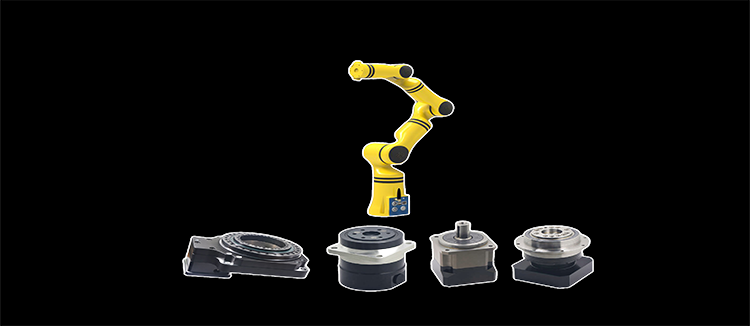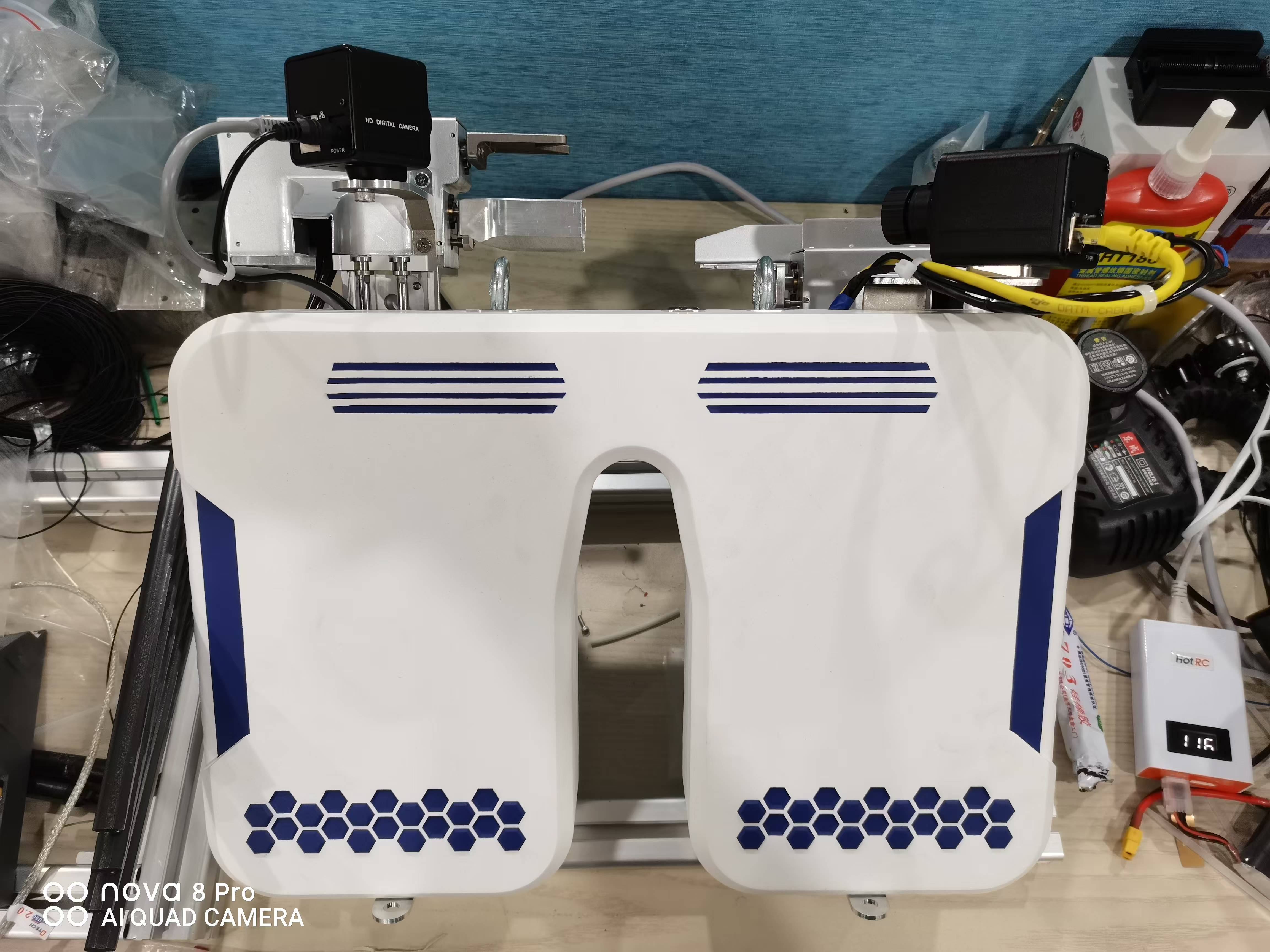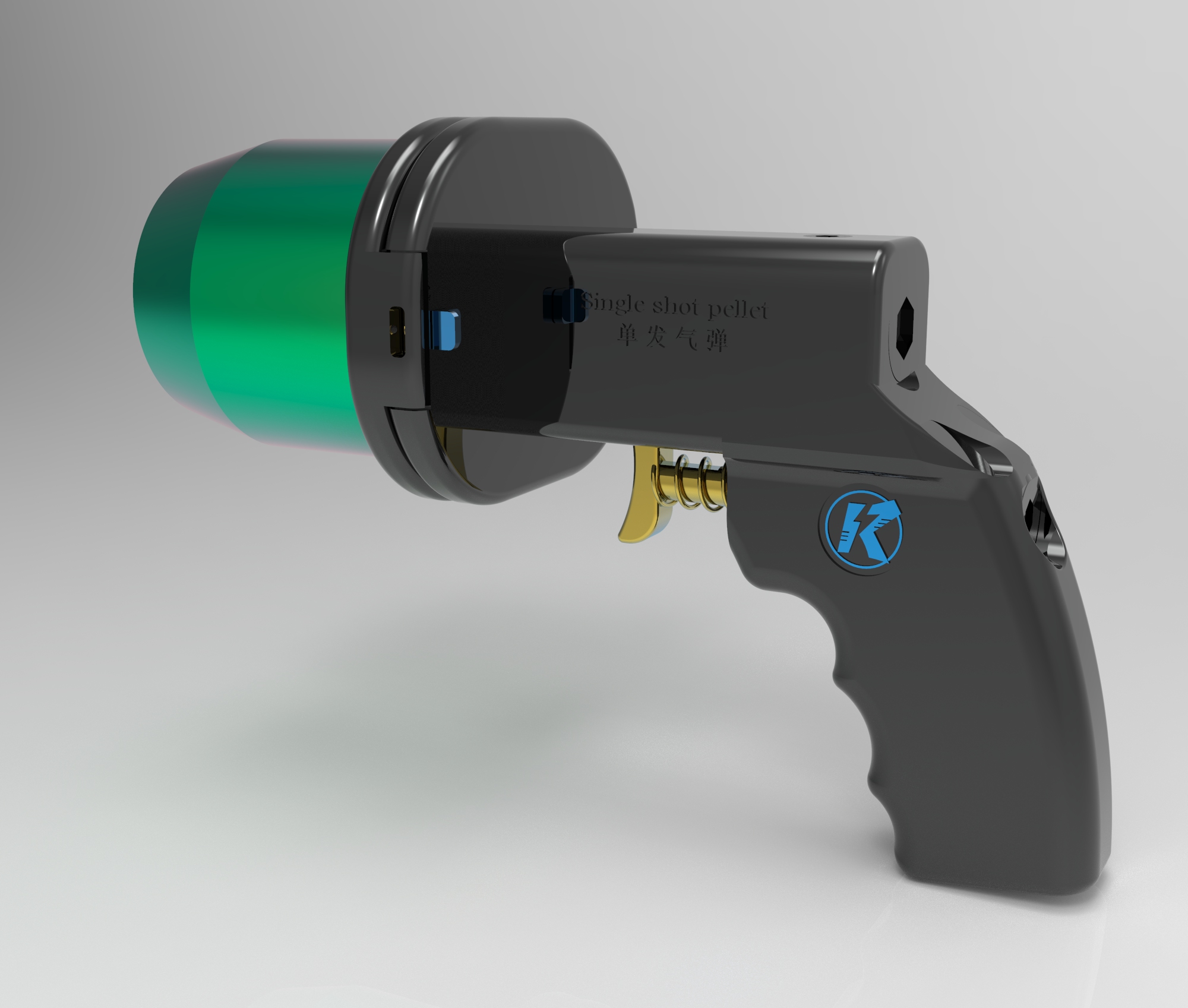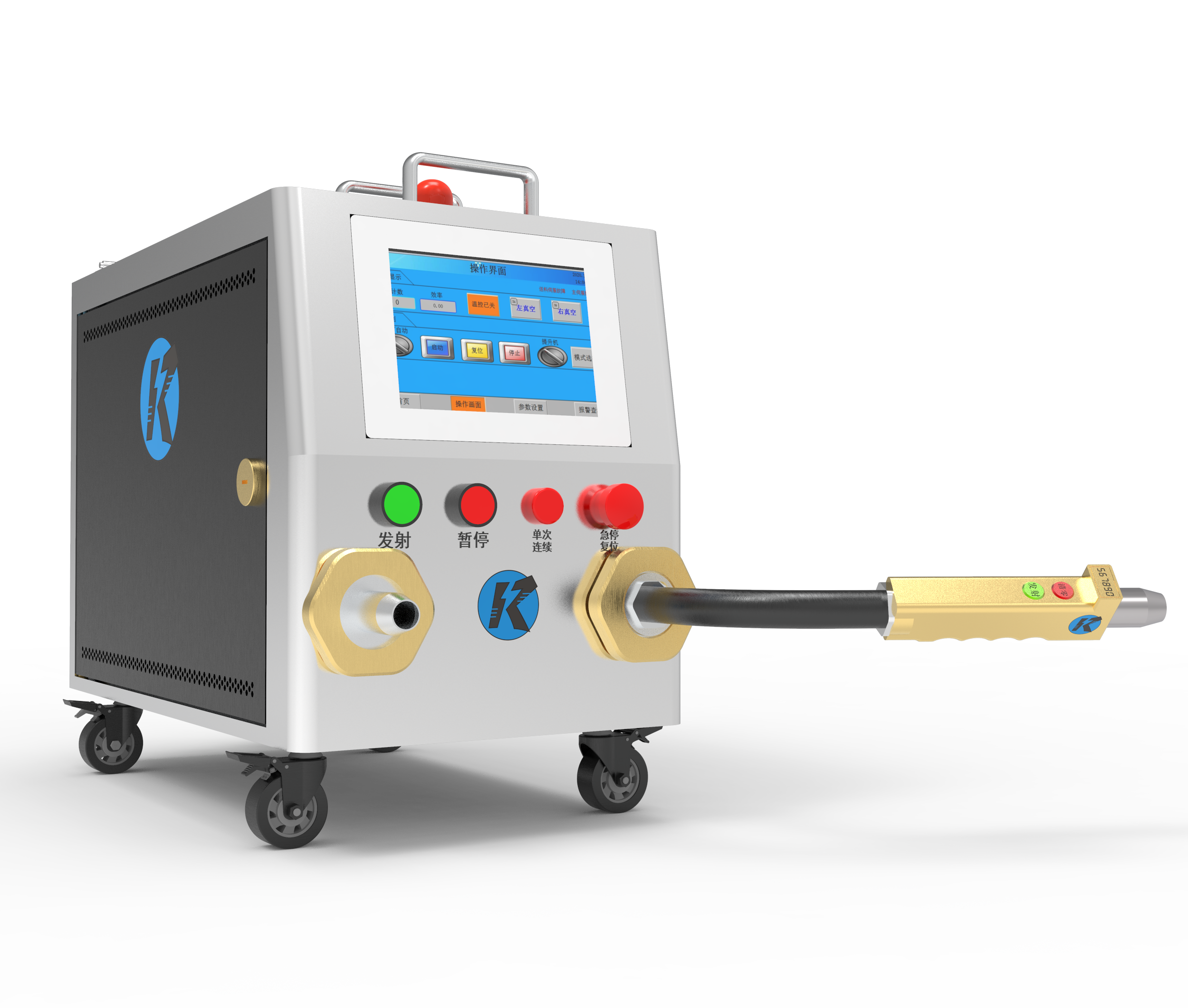Understanding the Precision and Efficiency of Servo Motor Technology in Modern Applications
Servo motors are the unsung heroes of modern technology, providing precise control and high efficiency in a wide range of applications. From industrial automation to robotics and even in our everyday consumer electronics, the servo motor plays a crucial role. This article delves into the intricacies of servo motor technology, exploring its functionality, applications, and the reasons behind its widespread adoption.
A servo motor is an actuator that can be precisely controlled to move or hold a mechanism at a particular position by applying a control signal. It is a closed-loop control system that uses feedback to ensure the motor's position matches the desired position. The term "servo" is derived from "servomechanism," which refers to a system that uses feedback to control its output. In the context of servo motors, this means that the motor's position is constantly monitored and adjusted to ensure it remains aligned with the input command.
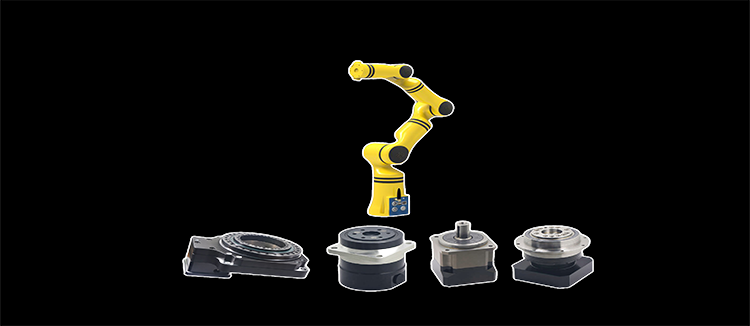
The precision of servo motors is unparalleled, making them ideal for applications where accuracy is paramount. In manufacturing, for example, servo motors can be used to control the movement of machine tools with micron-level accuracy, ensuring that parts are produced to exact specifications. This precision is also crucial in robotics, where servo motors can be used to control the movement of robotic arms and other components, allowing for complex, coordinated movements.
Efficiency is another key advantage of servo motors. Unlike traditional motors, which can waste a significant amount of energy as heat, servo motors are designed to operate efficiently, converting a high percentage of their input power into mechanical output. This efficiency is particularly important in applications where energy consumption is a concern, such as in electric vehicles or renewable energy systems.
One of the most significant benefits of servo motors is their versatility. They can be found in a wide range of applications, from simple positioning tasks to complex motion control systems. In the automotive industry, for instance, servo motors are used in power steering systems, providing precise control and reducing the effort required to steer the vehicle. In aerospace, they are used in flight control systems, helping to maintain the aircraft's stability and control.
The control systems for servo motors are also highly advanced, allowing for precise speed and position control. This is achieved through the use of digital signal processors (DSPs) and microcontrollers, which can process complex algorithms to ensure the motor's performance is optimized. These control systems can also be programmed to respond to external inputs, such as sensors or user commands, allowing for adaptive and responsive operation.
Maintenance and reliability are also important considerations when choosing a servo motor. Due to their closed-loop control system, servo motors are less prone to wear and tear compared to open-loop systems. This means they require less maintenance and have a longer lifespan, which can be a significant cost saving for businesses.

In conclusion, servo motors are a critical component of modern technology, offering precision, efficiency, and versatility in a wide range of applications. Their ability to provide accurate and responsive control makes them indispensable in industries such as manufacturing, robotics, and automotive. As technology continues to advance, the role of servo motors is only set to grow, driving innovation and improving performance across the board.

